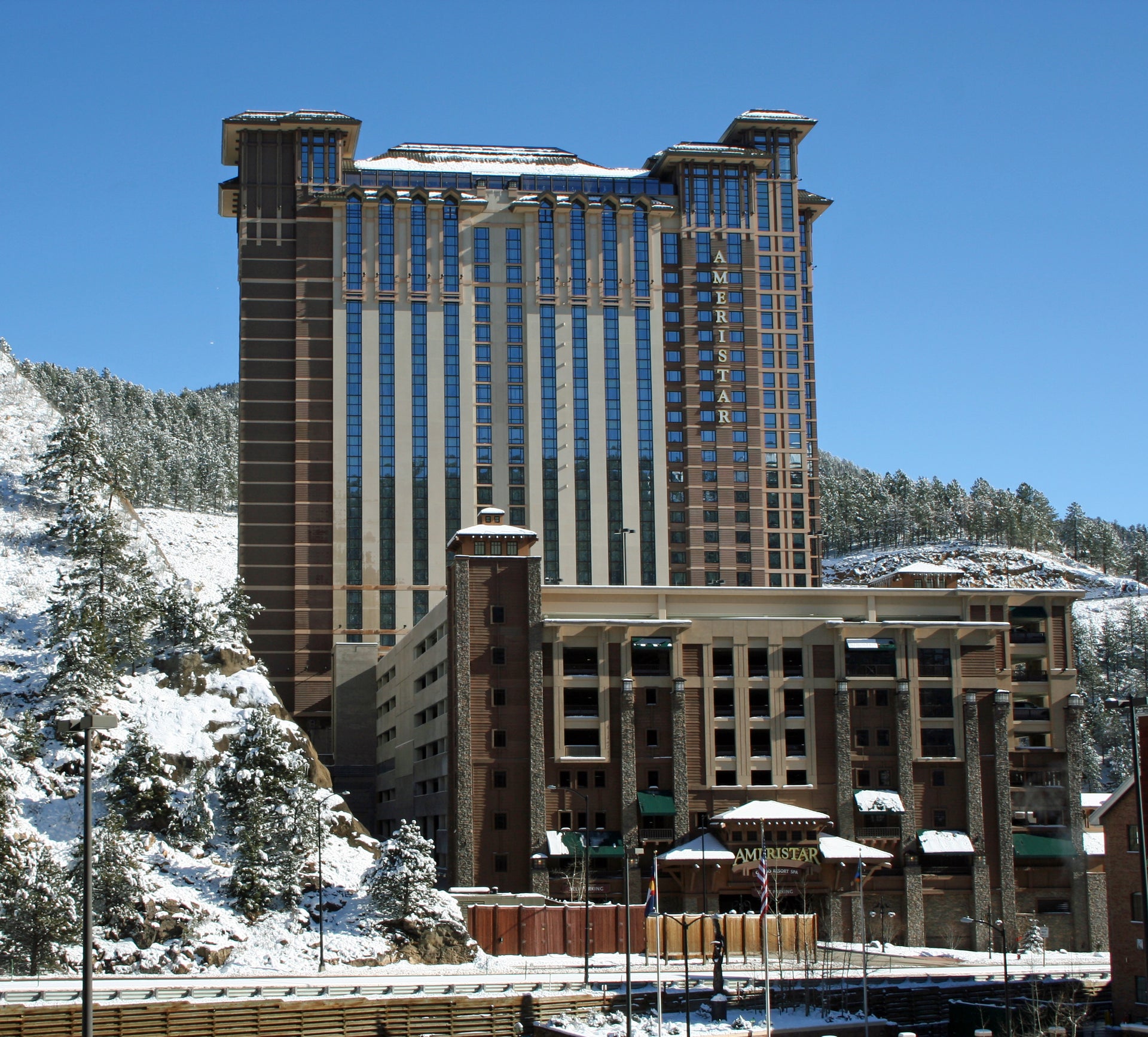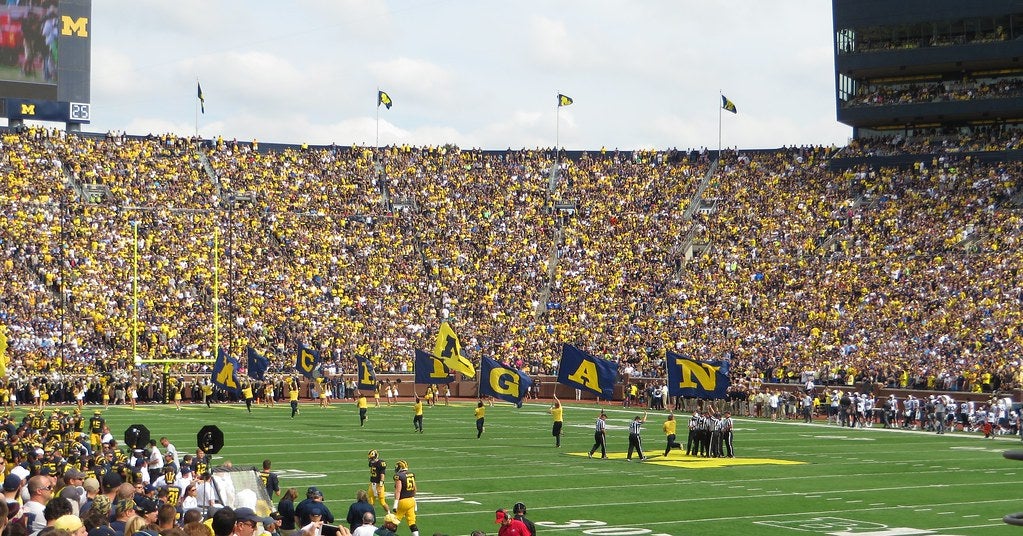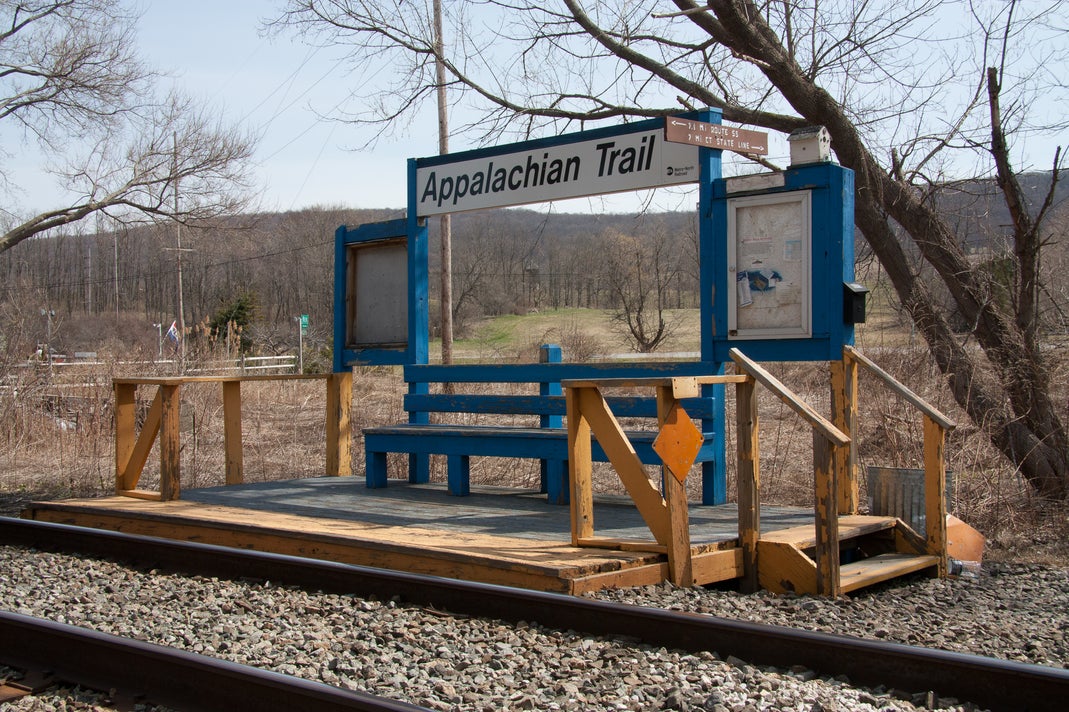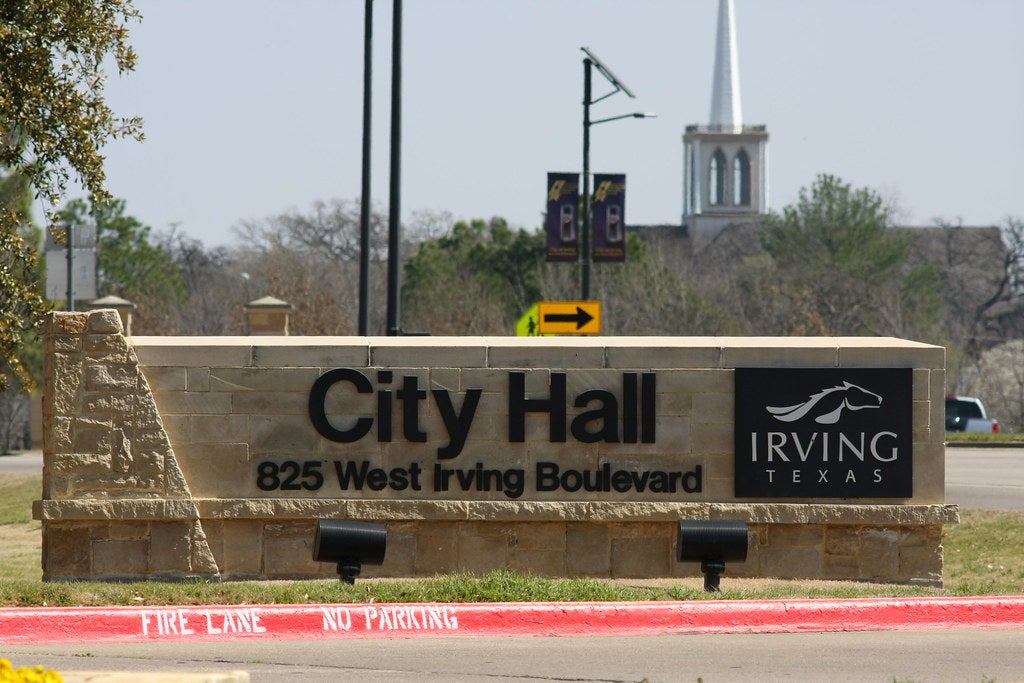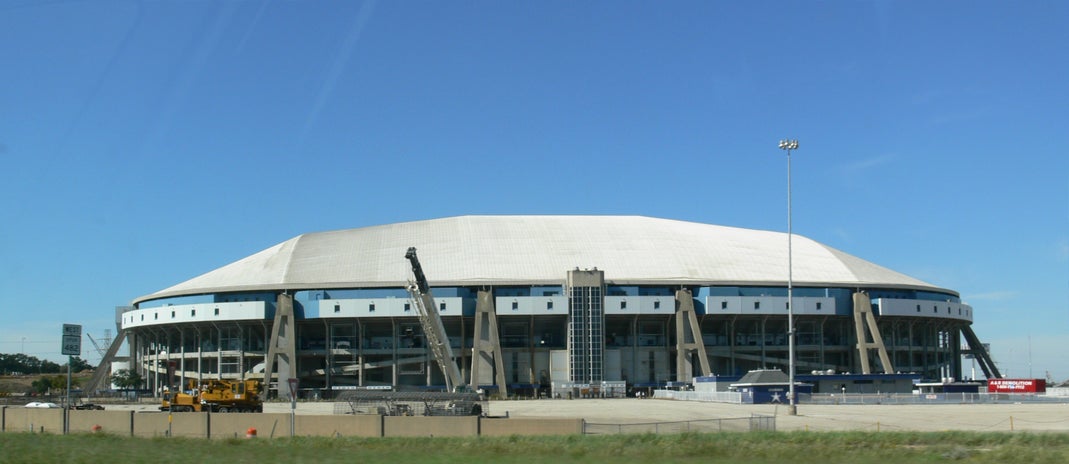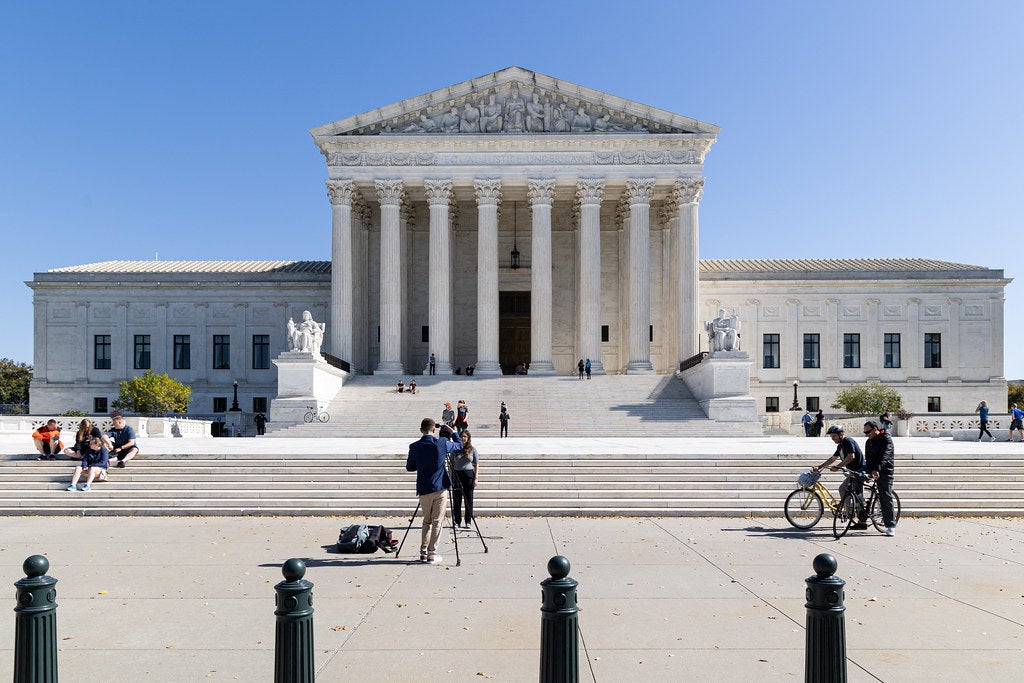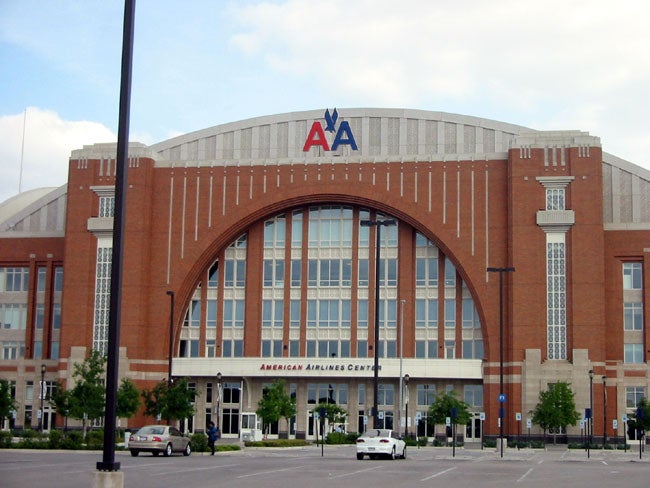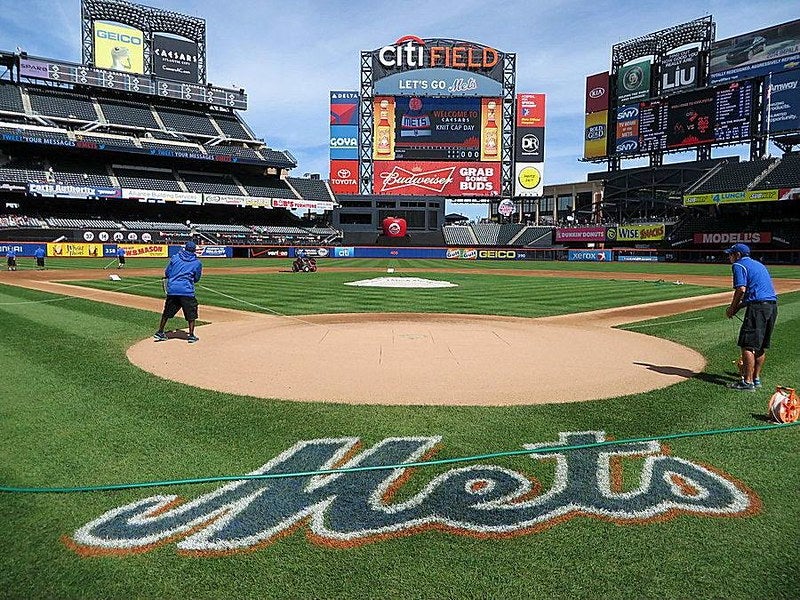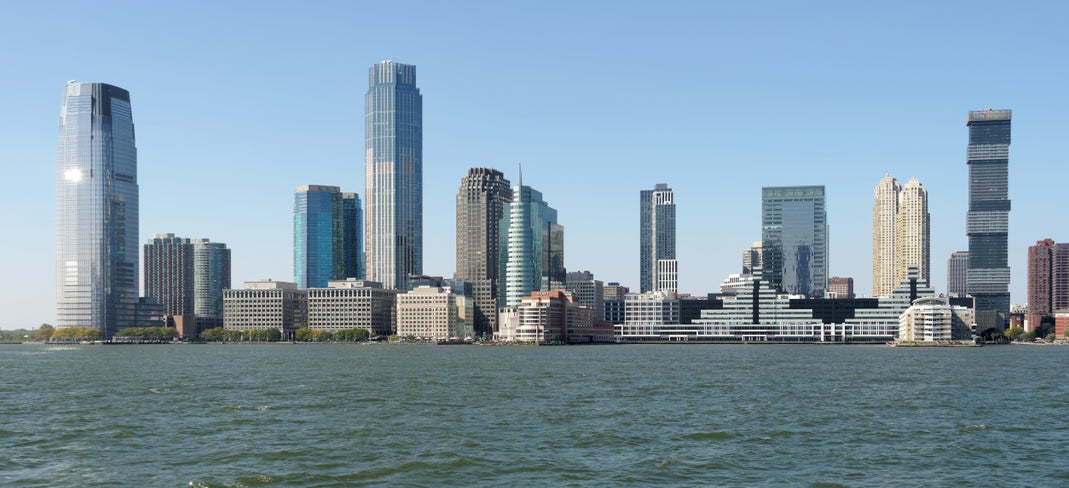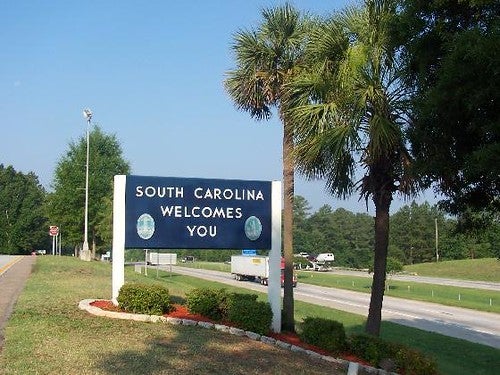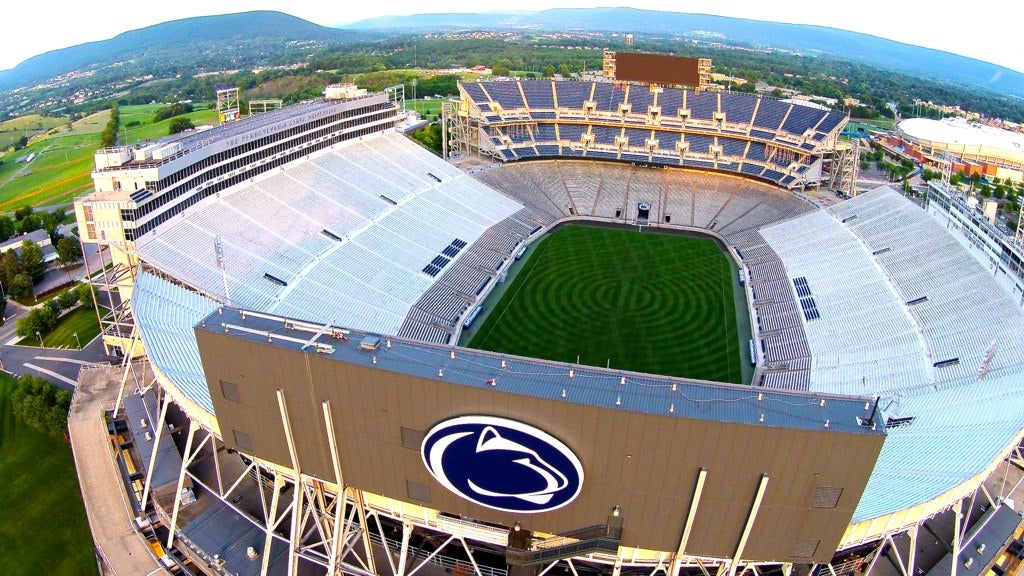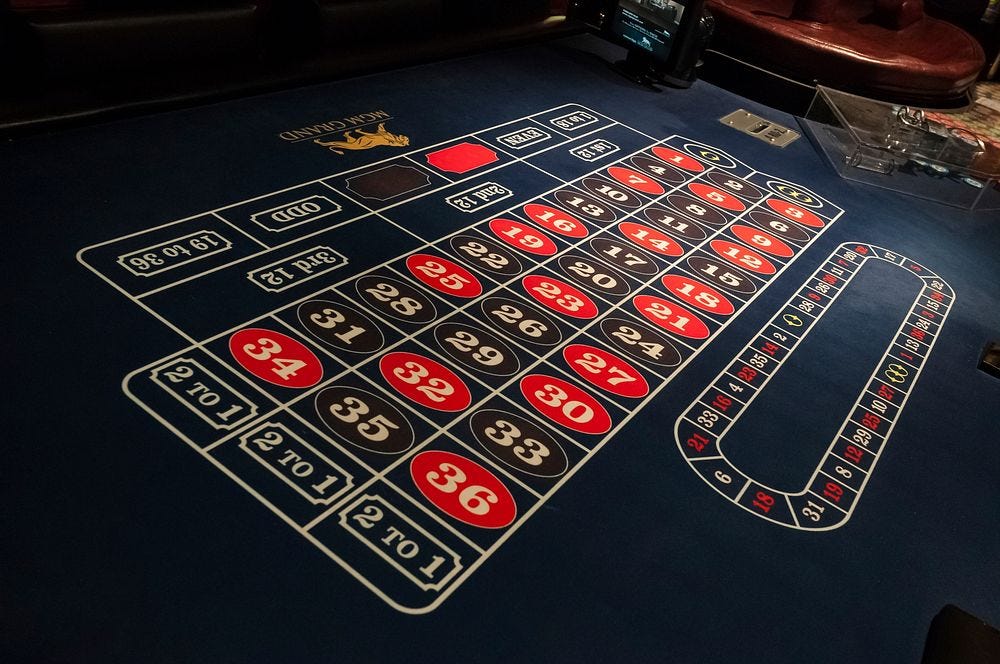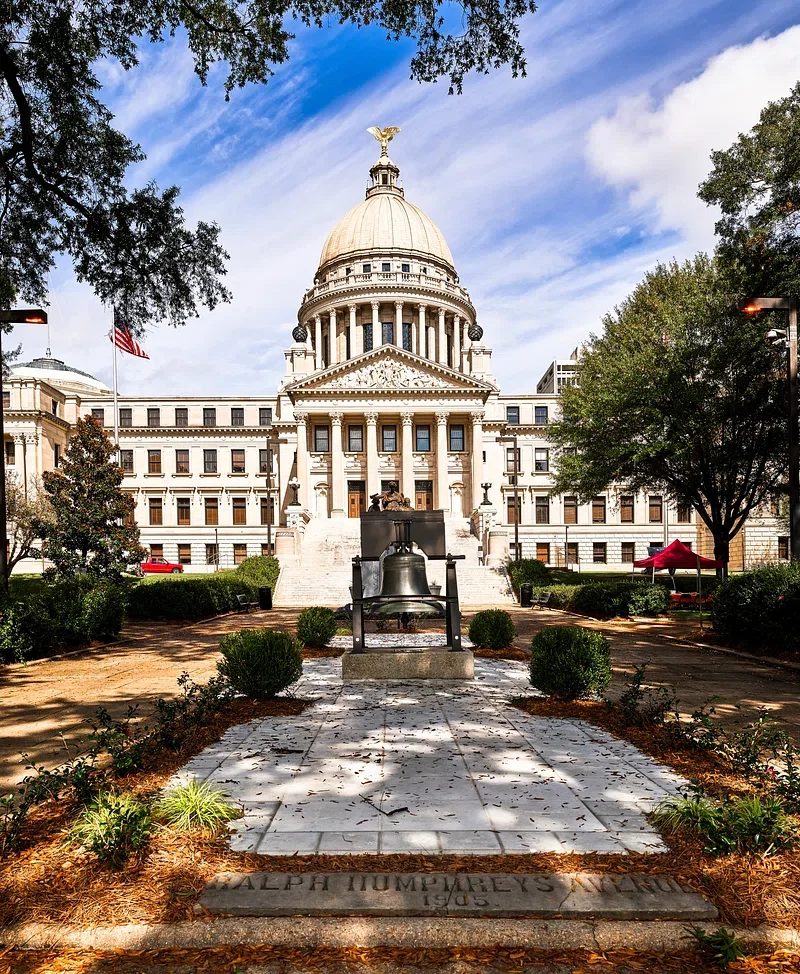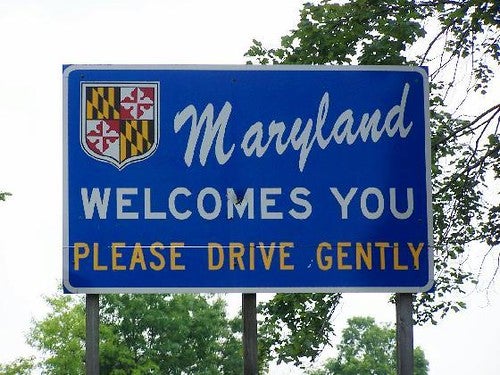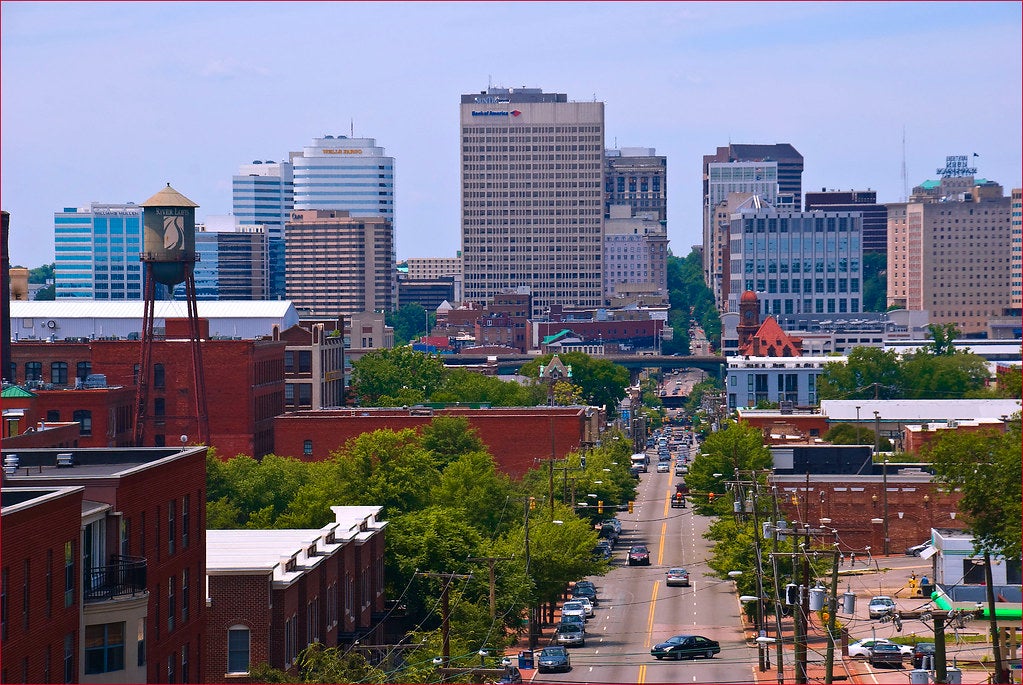Finally, a conclusion
PCL and its subcontractors built a 23-story tower on the Monarch’s campus as part of its remodeling project at the casino. They later claimed that the Monarch and its three owners, Monarch Growth, Inc., Monarch Casino & Resort, Inc., and Monarch Black Hawk, Inc., refused to pay them for their work.
Four months after PCL filed its suit, the Monarch groups responded with a countersuit. They alleged that PCL repeatedly missed project deadlines and did not perform their tasks as they were laid out.
Judge Luxen eventually sided with PCL on all of its two claims. His decision stated that PCL owed Monarch $144,894, but that Monarch owed PCL $74,627,657. That brought the total to $74,482,763 in outstanding payments to PCL.
“That’s a pretty big judgment,” said attorney and former Boulder District Attorney Stan Garnett, who has been practicing for 43 years. “One of my early mentors used to say the problem with construction litigation is other cases are two-dimensional, [but] construction cases are three-dimensional, meaning they're happening on a whole bunch of different levels, and people are pointing their fingers at each other.”
An attorney who represented Monarch did not provide any comment on the ruling.
Reactions from both sides
Jordan Sherman, a Monarch spokesperson, shared a document that was filed with the Securities and Exchange Commission after the decision. In it, Monarch claimed that it “anticipated filing an appeal with the Colorado Court of Appeals.”
PCL spokeswoman Stephanie McCay said the construction company “appreciates the Denver District Court’s thorough review of the case and it’s decision to award a $74.6 million judgment in [PCL’s] favor.”
The casino opened in February 2000 under the name Riviera Black Hawk. It was sold to Monarch in 2012 and rebranded the following year.
The facility underwent a renovation and expansion project from 2015-2022, during which time the incident with PCL occurred. The final cost of the project ended at $442 million, not counting the newest legal fees.
Colorado is home to nearly 40 casinos and is one of the most gambling-friendly states in the country, having legalized sports betting in 2019, the year after it became legal at the federal level.


